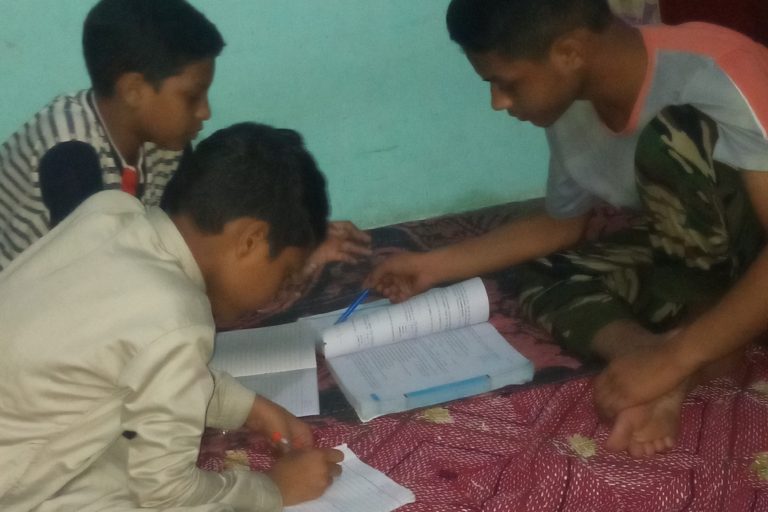By Neena Bhandari
Sydney, 25.10.2012 (Sydney Morning Herald): Computer games are finding their way into the classroom, where their ability to engage children is paying off.
Exploring virtual worlds has become a favourite pastime of students. Now some schools are bringing gaming into the classroom and teachers are tapping into the passion for playing as a catalyst for learning.
At Knox Grammar School, year 8 students have been introduced to the virtual game Minecraft for an integrated learning assessment task. Each student builds a model of a sustainable city within Minecraft from concepts they have learnt and researched in subjects such as English, mathematics, geography and science.
It has come as a pleasant change of pace for students, who, until now, have been submitting essays for assessment tasks.
“Initially, there was some scepticism, but as we started working, we realised we were a lot more engaged simply because we were using a game to learn something that was embedded within the curriculum,” year 8 student Johnson Man says.
This year, Knox students will be collaborating with a school in the US for a Minecraft-integrated task.
Another Knox student, Giacomo Rotolo-Ross, says it has been fun to build and collaborate with his peers in virtual reality.
“The Minecraft activity helped foster creativity and our understanding of the subject. I did get carried away, but it also taught me to take responsibility for myself.” To avoid developing excessive gaming habits, students are granted limited time on the game and are closely monitored by teachers, as in a real classroom.
The ICT (information communication technology) teaching and learning integrator at Knox, Michael Beilharz, says gaming helps break down walls as different classes across the school work simultaneously on the project online.
“Different games have different aspects and contexts to them, but in general, they are a useful tool to foster collaboration and communication, problem-solving and creativity skills that I would want my students to achieve,” he says.
Not all parents from the textbook generation are convinced about the usefulness of gaming as a tool of learning but John Man regulates the time his son spends playing online games.
“I had my doubts initially, but I was surprised to see how focused and productive Johnson was in completing the Minecraft task,” he says.
The head of educational development at Macquarie University, Dean Groom, says research shows children are spending almost the same amount of time playing video games as they spend at school.
“You have a completely parallel way of learning happening. What video games make players do is work ever harder,” he says.
“If we can use game-like strategies, our students could be more engaged to work harder and perhaps learn better.
“While the school system generally rewards good students, game-based learning changes that dynamic and rewards all children, from those with learning difficulties to high-achieving academic students.
“Games are particularly useful in helping students overcome their fear of school failure.”
Northern Beaches Christian School uses structures similar to those of games. Teachers design learning landscapes for students, who can choose different challenges and win recognition in the form of badges and promotion to the next level.
The director of innovation, Stephen Collis, says in his French course, this landscape takes the form of a clickable adventure map that appears on screen.
“Students must all complete a series of challenges that lead them towards the Bridge of Destiny [the yearly examination], but can also depart from the main path to attempt side quests,” he says.
“Schools still have to compare students on set criteria, whereas computer games often build in rewards for multiple paths and skill sets. It’s the freedom to play on your own terms that leads to the most powerful learning experiences.”
© Copyright Neena Bhandari. All rights reserved. Republication, copying or using information from neenabhandari.com content is expressly prohibited without the permission of the writer and the media outlet syndicating or publishing the article.

